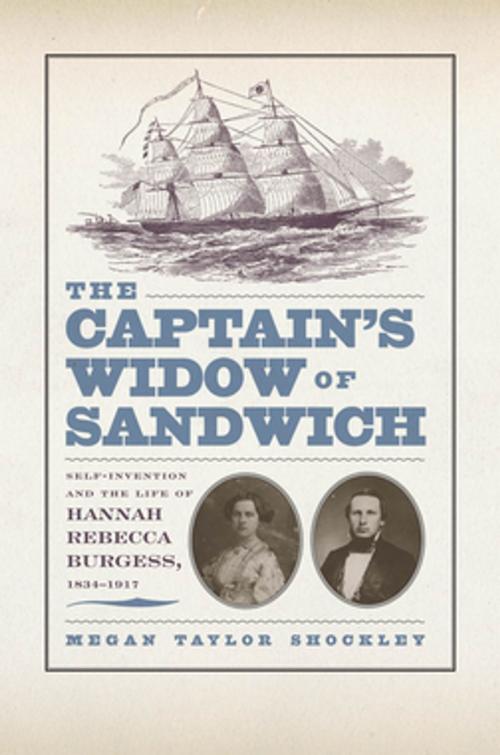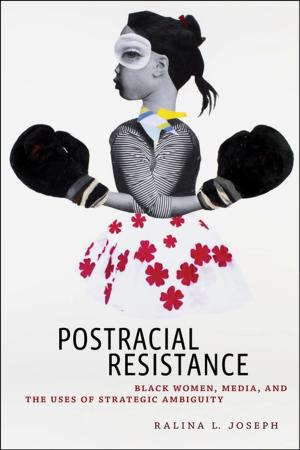The Captain’s Widow of Sandwich
Self-Invention and the Life of Hannah Rebecca Burgess, 1834-1917
Nonfiction, Social & Cultural Studies, Social Science, Gender Studies, Women&, History, Americas, United States| Author: | Megan Taylor Shockley | ISBN: | 9780814741290 |
| Publisher: | NYU Press | Publication: | April 12, 2010 |
| Imprint: | NYU Press | Language: | English |
| Author: | Megan Taylor Shockley |
| ISBN: | 9780814741290 |
| Publisher: | NYU Press |
| Publication: | April 12, 2010 |
| Imprint: | NYU Press |
| Language: | English |
In 1852 Hannah Rebecca Crowell married sea captain William Burgess and set sail. Within three years, Rebecca Burgess had crossed the equator eleven times and learned to navigate a vessel. In 1856, 22-year-old Rebecca saved the ship Challenger as her husband lay dying from dysentery. The widow returned to her family’s home in Sandwich, Massachusetts, where she refused all marriage proposals and died wealthy in 1917.
This is the way Burgess recorded her story in her prodigious journals and registers, which she donated to the local historical society upon her death, but there is no other evidence that this dramatic event occurred exactly this way. In The Captain’s Widow of Sandwich, Megan Taylor Shockley examines how Burgess constructed her own legend and how the town of Sandwich embraced that history as its own. Through careful analysis of myriad primary sources, Shockley also addresses how Burgess dealt with the conflicting gender roles of her life, reconciling her traditionally masculine adventures at sea and her independent lifestyle with the accepted ideals of the period’s “Victorian woman.”
In 1852 Hannah Rebecca Crowell married sea captain William Burgess and set sail. Within three years, Rebecca Burgess had crossed the equator eleven times and learned to navigate a vessel. In 1856, 22-year-old Rebecca saved the ship Challenger as her husband lay dying from dysentery. The widow returned to her family’s home in Sandwich, Massachusetts, where she refused all marriage proposals and died wealthy in 1917.
This is the way Burgess recorded her story in her prodigious journals and registers, which she donated to the local historical society upon her death, but there is no other evidence that this dramatic event occurred exactly this way. In The Captain’s Widow of Sandwich, Megan Taylor Shockley examines how Burgess constructed her own legend and how the town of Sandwich embraced that history as its own. Through careful analysis of myriad primary sources, Shockley also addresses how Burgess dealt with the conflicting gender roles of her life, reconciling her traditionally masculine adventures at sea and her independent lifestyle with the accepted ideals of the period’s “Victorian woman.”















